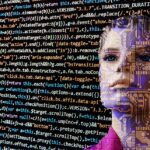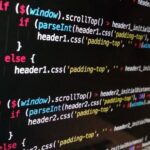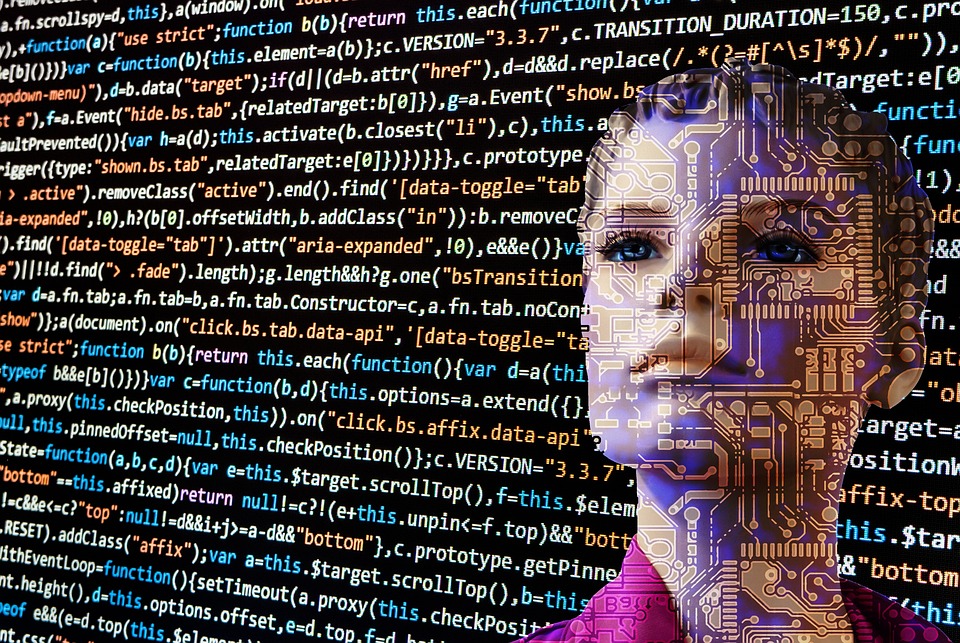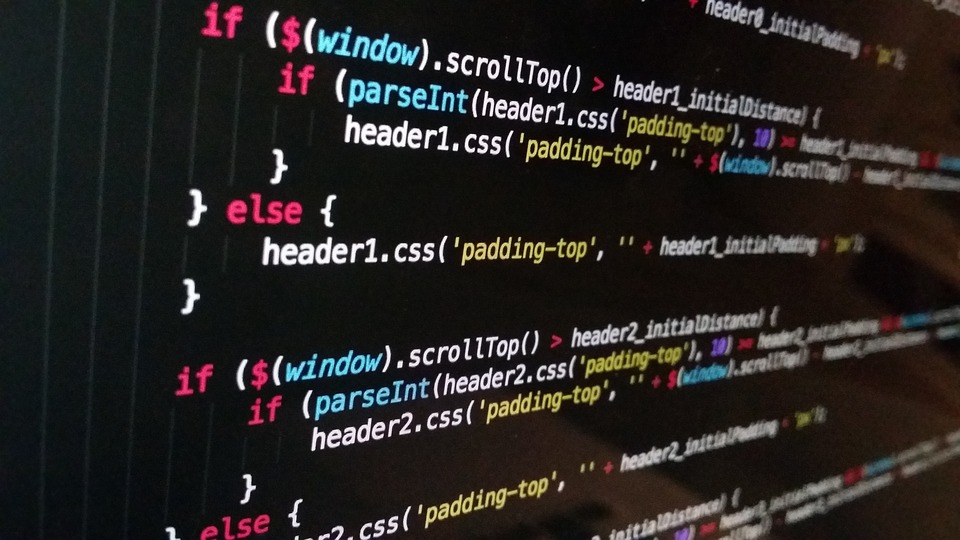Unlocking the Power of Campus Education: Innovative Strategies for Student Success
Education has always been a crucial stepping-stone for both personal and professional growth. However, the traditional model of campus education has faced challenges in recent years, with declining engagement and mounting concerns about the effectiveness of traditional teaching methods. To address these issues and unlock the power of campus education, innovative strategies are needed to ensure student success.
One of the key strategies is to harness the potential of technology. Integrating technology into the campus education environment can enhance student learning experiences and foster a more engaging and interactive atmosphere. Virtual reality (VR) and augmented reality (AR) can transport students to new realms, enabling them to explore and learn in a more immersive way. For example, rather than simply reading about ancient Greek architecture, students can virtually walk through the ruins of the Parthenon, gaining a deeper understanding of the subject matter. By utilizing technology, educators can create a more dynamic and inclusive learning environment that is tailored to the needs and preferences of each individual student.
Another innovative strategy is to promote interdisciplinary collaboration. Traditionally, education has been structured around specific disciplines, with limited opportunities for students to explore connections and overlaps between different fields of study. By encouraging interdisciplinary collaboration, universities can enable students to develop a more holistic understanding of the world and prepare them for the complex challenges they will face in their future careers. For instance, a student studying biology could collaborate with a student majoring in computer science to develop innovative solutions for healthcare challenges. By breaking down the barriers between disciplines, students can acquire a broader skillset and develop critical thinking and problem-solving abilities that will serve them well in their future endeavors.
In addition to technology and interdisciplinary collaboration, personalized learning is another strategy that can unlock the power of campus education. Every student is different, with unique backgrounds, interests, and learning styles. By recognizing and accommodating these individual differences, educators can tailor their teaching methods to meet the specific needs of each student. This can be achieved through a variety of approaches, including flexible curriculum options, individualized coaching, and mentorship programs. By providing students with the opportunity to shape their own educational experience, universities can empower them to take ownership of their learning and foster a sense of responsibility and commitment.
Furthermore, ensuring a diverse and inclusive campus community is crucial in unlocking the power of campus education. A diverse student body brings a wealth of different perspectives and experiences to the learning environment, enriching the educational experience for all. Universities should actively promote diversity and inclusion by implementing inclusive admission policies, providing resources and support for underrepresented groups, and fostering a campus culture that celebrates diversity. By creating an inclusive environment, universities can cultivate an atmosphere of respect and empathy, fostering collaboration and creativity among students.
In conclusion, unlocking the power of campus education requires innovative strategies that address the needs and challenges of today’s students. By harnessing the potential of technology, promoting interdisciplinary collaboration, personalizing learning experiences, and fostering a diverse and inclusive campus community, universities can create an environment that empowers students to succeed in their educational endeavors. By embracing these strategies, campuses can truly unlock the power of education and equip students with the skills and knowledge they need to thrive in the modern world.









